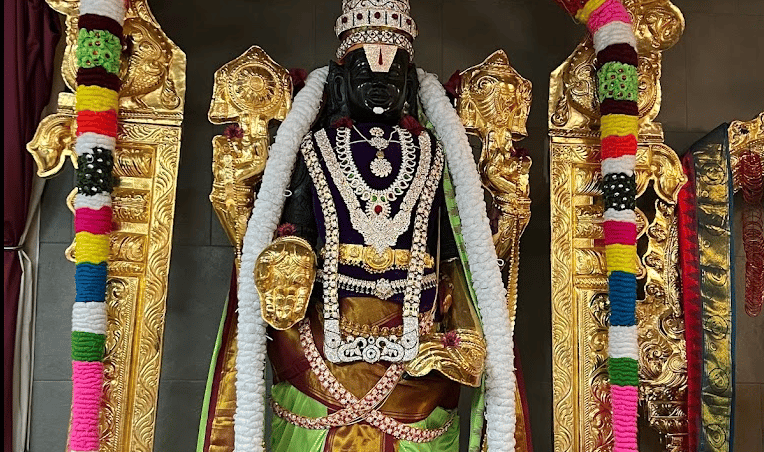Vedanta
Bhagavad Gita - Journey of Life
The Bhagavad Gita is one of the most important and revered texts in Hinduism. It is a 700-verse conversation between Prince Arjuna and Lord Krishna, who serves as his charioteer. In this dialogue, Krishna imparts spiritual wisdom and guidance to Arjuna as he faces a moral crisis on the battlefield of Kurukshetra. While the entire Gita is too vast to translate in one response, I can certainly provide an example of its translation. Below is a translation of the first verse from Chapter 1, which sets the stage for the dialogue. Bhagavad Gita – Chapter 1, Verse 1 Sanskrit: धृतराष्ट्र उवाच | धर्मक्षेत्रे कुरुक्षेत्रे समवेता युयुत्सवः | मामकाः पाण्डवाश्चैव किमकुर्वत सञ्जय || 1 || dhṛtarāṣhṭra uvācha | dharmakṣhetre kurukṣhetre samavetā yuyutsavaḥ | māmakāḥ pāṇḍavāśhchaiva kimakurvata sañjaya || 1 || English Translation: Dhritarashtra said: O Sanjaya, after gathering on the holy field of Kurukshetra, and desiring to fight, what did my sons and the sons of Pandu do? Explanation: This verse is the opening verse of the Bhagavad Gita. Dhritarashtra, the blind king of the Kuru dynasty, asks his charioteer, Sanjaya, about the events that are unfolding on the battlefield of Kurukshetra. The field of Kurukshetra is called "Dharmakshetra" or the "field of righteousness," because the battle there is seen as a battle between righteousness (Dharma) and unrighteousness (Adharma). The verse sets the stage for the great conflict between the Kauravas (the sons of Dhritarashtra) and the Pandavas (the sons of King Pandu), both of whom have assembled to fight for the throne. Dhritarashtra, being blind, cannot witness the battle himself, so he asks Sanjaya to narrate the events. This moment of questioning marks the beginning of a profound spiritual discourse that will guide Arjuna, and all seekers, on how to navigate moral dilemmas, duty (Dharma), and the path of self-realization.
5/8/20241 min read


Spiritual Wisdom Translated
